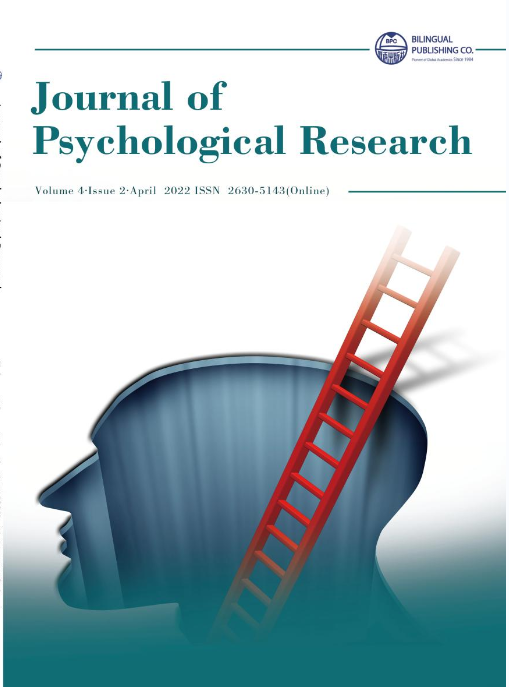-
1539
-
1344
-
1335
-
1328
-
1205
There is No Mystery in Social System
DOI:
https://doi.org/10.30564/jpr.v4i2.4621Abstract
There is a gap between the properties of social reality and the natural properties of the material bearer that carries it. Language constructivism uses language representations to bridge this gap, arguing that language constructs social reality. Emergence theory holds that the attributes of social reality cannot be reduced to the physical attributes of the carrier. This process is emergent. Language constructivism regards the process from mental reality to social reality as the product of language's own operation and the secret is hidden in language itself. Emergentism directly led social reality to mysticism. Mental reality is an initial existence, which includes both innate desires and needs and acquired values. Social reality is the external reality created by the subject through action according to his internal needs and desires. Mental reality and social reality are dynamically integrated into each other, which is achieved through rule-based action.
Keywords:
Mental reality, Social reality, Rules, ActionReferences
[1] Silver, K., 2021. Emergence within social systems. Synthese. 198(4), 1-23.
[2] Searle, J., 2010. Making the social world: the structure of human civilization. New York: Oxford University Press.
[3] Tuomela, R., 2007. The philosophy of sociality: the shared point of view. New York: Oxford University Press.
[4] Haitao, L., 2020. Wholeness and Collective Intention. Integrative Psychological and Behavioral Science. 55(1), 1-13.
[5] Berger, P.L., Luckmann, T., 2009. The Social Construction of Reality. translated by Wang Yong, Beijing: Beijing Press. (in Chinese). (Original work published in English in 1967).
[6] Whitehead, A.N., 1978. Process and Reality. New York: The Free Press.
[7] Whitehead, A.N., 1961. Alfred North Whitehead Anthology. New York: The Macmillan Company.
[8] Heidegger, M., 1996. Elected Works of Heidegger (Part 2). edited by Sun Zhouxing, Shanghai: Sanlian Bookstore. (in Chinese). (Original work published in German in 1927).
[9] Marx, K., Engels, F., 2009. Collected Works of Marx and Engels, Vol. 1. Beijing: People’s Press. (in Chinese). (Original work published in German in 1847).
[10] Nietzsche, F.W., 2013. Revaluation of All Values, Ed. Witzbach, translated by Lin Jia, Shanghai: East China Normal University Press. (in Chinese). (Original work published in German in 1867).
[11] Liu, S.L., 2020. Inner Reality and External Reality: Rethinking Marx’s Concept of Reality. Social Sciences in Chinese Universities. (1), 17-26. (in Chinese).
[12] Vitgenstein, L.J., 2004. Philosophical Research. translated by Li Bulou, Beijing: Commercial Press. (in Chinese). (Original work published in German in 1945).
[13] Austin, J.L., 2012. How to Do things with Words. Translated by Yang Yucheng et al., Beijing: The Commercial Press. (in Chinese). (Original work published in English in 1955).
[14] Searle, J., 1995. The construction of social reality. London: Penguin Press.
[15] Swindler, J.K., 1996. Social Intentions: Aggregate, Collective, and General. Philosophy of Social Science. (3), 61-76.




 Haitao Liu
Haitao Liu





